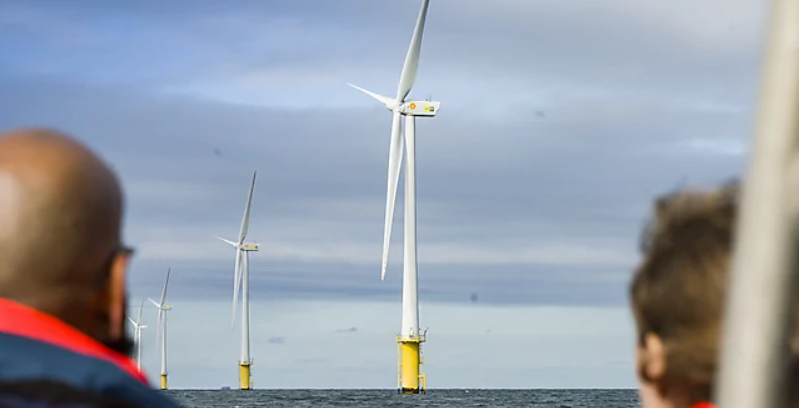In January, Shell purchased a 51% stake in Simply Blue Energy's Kinsale venture, which was set up to develop the Emerald Project, a floating wind farm off the south coast of Ireland.
The joint venture will be operated by Simply Blue supported by Shell floating wind experts, with the project office based in the Cork City Docklands rejuvenation area.
Since 2000, Simply Blue Energy has been working toward more sustainable projects for both power and transportation fuels. While the company still has a long way to go, they are taking steps to improve the communities and industries affected by their offshore power facilities.
The majority purchase of Simply Blue Energy’s Emerald Project isn’t the first time Shell has used their experience in offshore fuel facilities to manage complex and large projects that would otherwise struggle to meet the demands of the offshore wind industry. With the purchase, Shell now has over six gigawatts of power in their wind operations.
Shared Value in Coastal Communities
With the recent Simply Blue offshore wind acquisition, Shell is placing an emphasis on shared value. The company is working with coastal communities to help minimize the risks and damage associated with offshore wind. The Emerald Project has the ability to bring vast amounts of energy to nearby coastal Ireland communities.
The project is in its early stages of development and aims to exploit the vast floating wind potential in the Irish part of the Celtic Sea, Shell said, with 300 MW of installed capacity planned initially, with the potential to scale-up to a total installed capacity of 1 GW. This is equivalent to powering 800,000 Irish homes or the capacity of the Moneypoint power station, Ireland’s largest electricity generation station. This “stepping-stone” approach is designed to build the infrastructure necessary to deliver a project of this scale and ultimately enable Ireland to increase its energy independence, while also reducing emissions, according to Shell.
As global partners continue creating shared value in communities affected by offshore wind, the immediate and far-reaching benefits to these communities become apparent. Offshore wind has the ability to meet large energy demands in coastal communities which account for around 40% of the global population.
Impacts to Commercial and Recreational Maritime Industries
In the past, Shell has discussed its willingness to create meaningful dialogue with the those affected by the offshore wind industry. This includes the commercial and recreational fishing communities. Shell will need to discuss navigation impacts, possible disruptions to radio signals, and the facilities’ impact on local marine life.
Operators and owners of offshore wind facilities rely on data to help mitigate the risk of offshore wind facilities and shipping vessels. Since offshore wind farms can create navigational obstacles and, in some cases, safety issues for ships, companies must assess and mitigate risks using procedures relating to the placement and design of floating offshore wind facilities.
Shell is expected to take feedback from commercial fishing and transportation companies into consideration when planning the design and location of future facilities.
As global energy companies continue to acquire and build offshore wind facilities around the world, it could have a big affect on maritime operations. Offshore wind energy sector developers will need to consider the placement, design, and size of their offshore wind facilities to avoid any potential conflicts with shipping and transportation.
At the same time, new offshore wind facilities and improved management can boost the maritime industry while also contributing to more sustainable energy on a global scale.
More in-depth coverage of recent developments in the offshore wind industry on Workboat.com:





